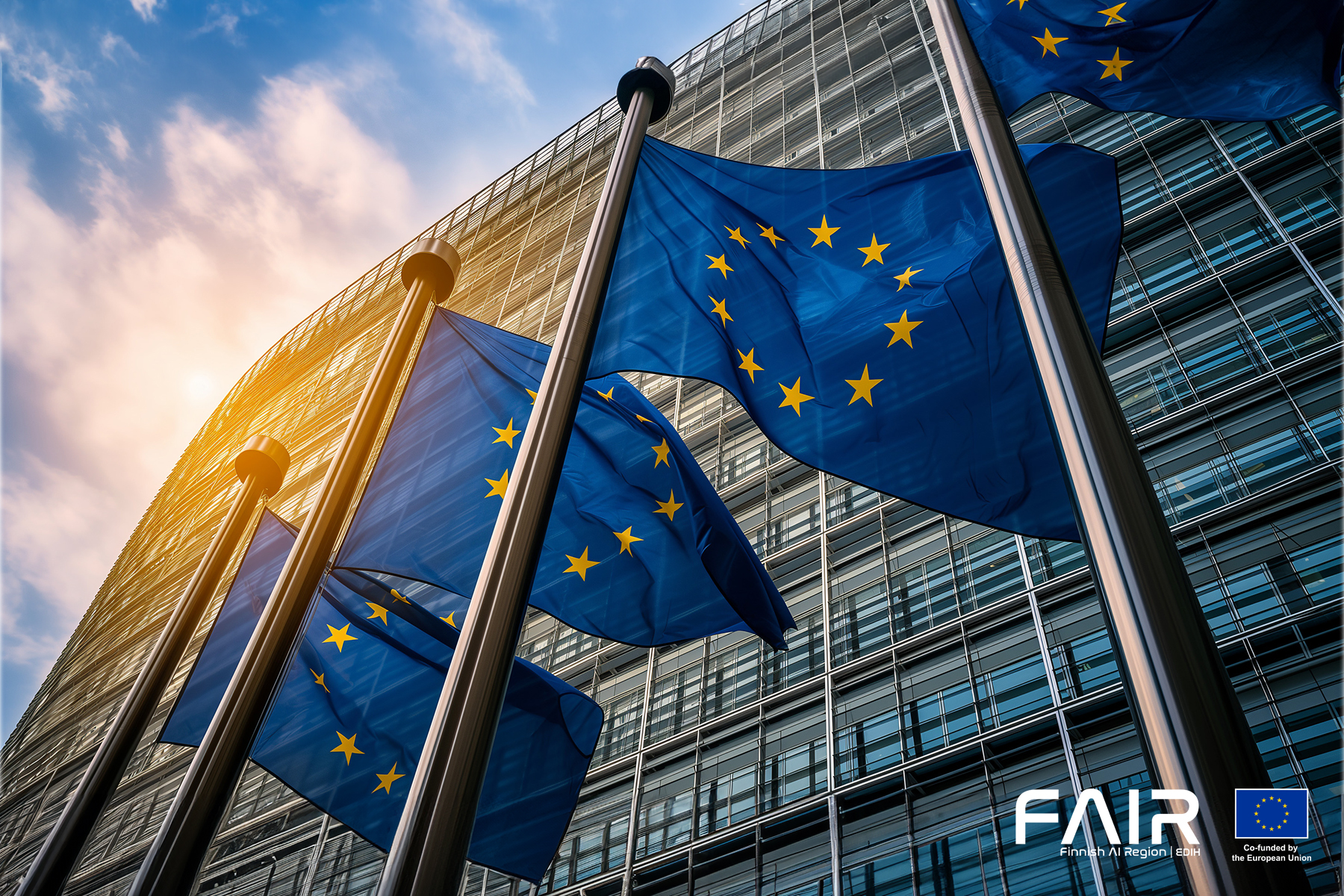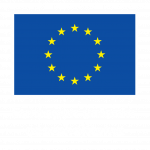

EU proposes major changes to AI Act amid global competition pressures
The European Commission aims to strengthen EU’s competitiveness in global tech race. Simplified regulation could free up to €150 billion annually. Digital Omnibus package seeks to cut red tape and ease operations for SMEs across EU single market.
Text by Martti Asikainen, 26.11.2025 | Photo Adobe Stock Photos

The European Commission has unveiled an ambitious digital reform package aimed at reducing administrative burdens on businesses and boosting the EU’s competitiveness in the global technology race. The Digital Omnibus package could deliver significant economic benefits for European companies.
According to Commission estimates, European Business Wallets alone could generate annual savings of up to €150 billion. Additionally, simplifying data, AI and cybersecurity regulations would bring one-off savings of €5 billion by 2029.
The reforms are underpinned by a competitiveness report compiled by former Italian Prime Minister Mario Draghi, which warned that the EU is falling behind the United States and China in the technology race. The report emphasised that complex and overlapping regulation particularly hinders innovation and the growth of European start-ups.
“We need to make doing business in Europe easier without compromising our high standards of online fairness and safety,” said Henna Virkkunen, Executive Vice-President for Tech Sovereignty, Security and Democracy, earlier this autumn.
The Digital Omnibus addresses these challenges by simplifying the EU’s digital rulebook across three key areas: artificial intelligence, data and cybersecurity. However, over 120 organisations have called on the Commission to halt what they describe as the biggest setback for digital rights in EU history.
Giving businesses more time to adapt
On AI legislation, the package offers companies additional time to prepare for new obligations. Businesses deploying high-risk AI systems will receive an extra year before full enforcement begins. This allows firms to prepare thoroughly without disrupting markets.
The Commission stresses that the delay doesn’t mean weakening standards, but rather establishing a realistic timeline. Many of the technical standards that companies need to comply with the law are still being developed. The extra time ensures businesses can properly follow the rules rather than operating in legal uncertainty.
“It is essential that the European Union acts to deliver on simplification and competitiveness whilst also maintaining a high level of protection for the fundamental rights of individuals—and this is precisely the balance this package strikes,” EU Justice Commissioner Michael McGrath told France24.
One of the most practical improvements is the creation of a single reporting point for cybersecurity incidents. Currently, companies must report the same incidents separately to multiple systems under different laws – including GDPR, the NIS2 Directive and the DORA Regulation.
The new “report once, share many” principle will cut reporting work by up to half for the majority of organisations. Companies can focus on solving problems rather than filling out the same forms multiple times.
Data rules become clearer
The package also clarifies the use of personal data in AI development. At present, many companies are uncertain about when and how they can use data to train AI models under GDPR.
The new clarifications provide legal certainty for businesses and enable responsible AI development in Europe. The Commission emphasises that high data protection standards remain in place, but the rules become clearer and easier to apply in practice.
The Data Union Strategy aims to unlock high-quality data for AI development. This is crucial, as European companies have frequently cited data availability as one of their biggest challenges when competing with American and Chinese players.
Perhaps the most significant single innovation is the proposal for European Business Wallets. These would provide companies with a single digital identity for handling paperwork and conducting business throughout the EU.
Currently, businesses must navigate 27 different administrative systems when expanding operations to other member states. European Business Wallets would significantly simplify the signing and sealing of documents and other administrative processes in cross-border trade.
According to the Commission’s estimates, if all companies adopt European Business Wallets, annual savings could reach €150 billion. This would be a major source of competitive advantage for European businesses
First step in broader reform programme
The Commission emphasises that November’s Digital Omnibus is just the first step in a broader simplification programme. The Commission has already launched a Digital Fitness Check, which will assess the interplay between EU digital rules and their cumulative impact on businesses.
Stakeholders can provide feedback on the Fitness Check until 11 March 2026. This opens the door to even more extensive simplifications in future.
The Commission’s target is to reduce administrative burdens by at least 25% for all companies and at least 35% for small and medium-sized enterprises. The Digital Omnibus is central to achieving this goal.
The package now moves to the European Parliament and Council for consideration. The debate is sure to be lively, as lawmakers must strike a balance between improving competitiveness and protecting citizens’ rights.
The Commission insists that the changes don’t weaken fundamental protections. Rather, it’s about achieving the same level of protection with less bureaucracy and clearer rules. This benefits both businesses and citizens.
European companies, particularly SMEs, have long called for a simpler regulatory environment. The Digital Omnibus is a concrete response to these demands. If the package is approved, it could significantly improve European companies’ ability to innovate and grow in global competition.


Finnish AI Region
2022-2025.
Media contacts